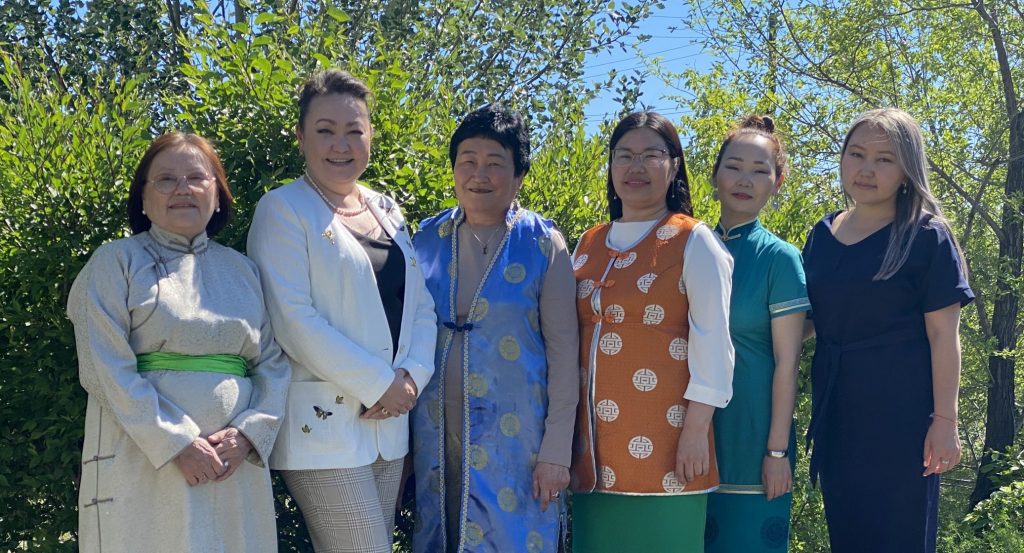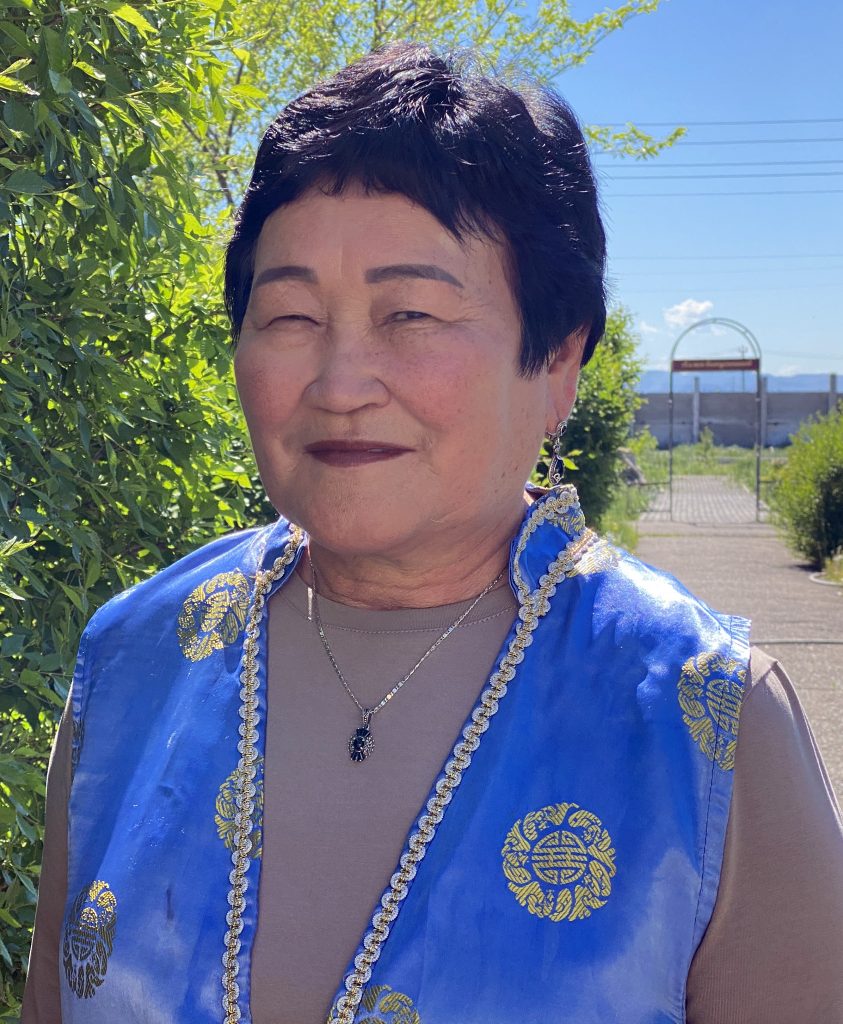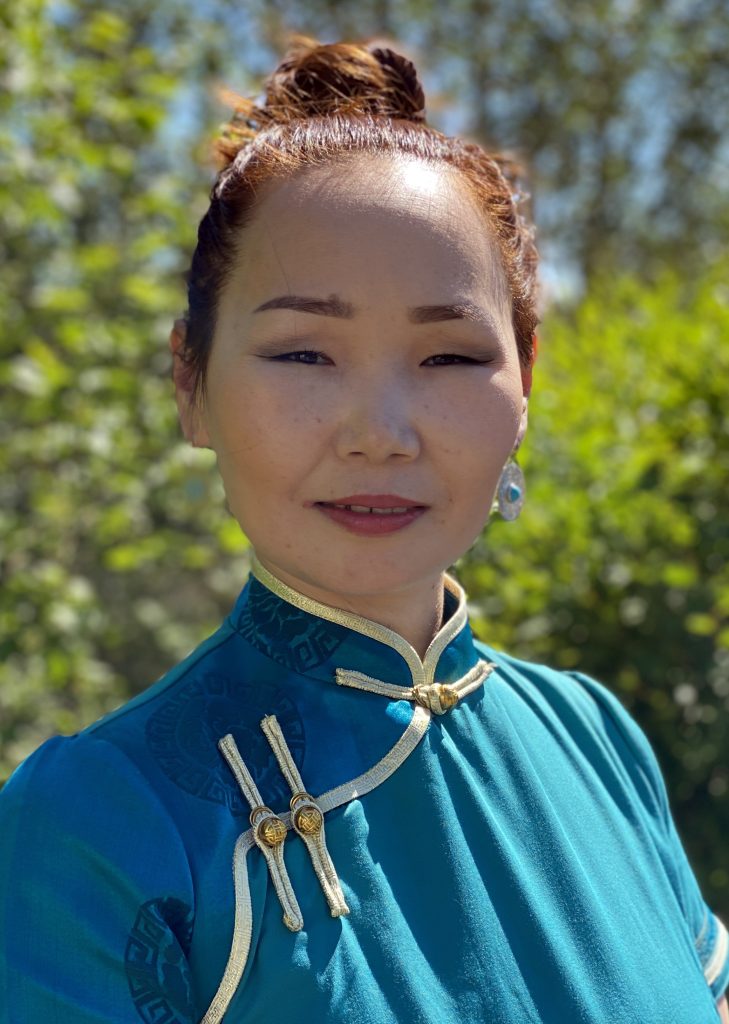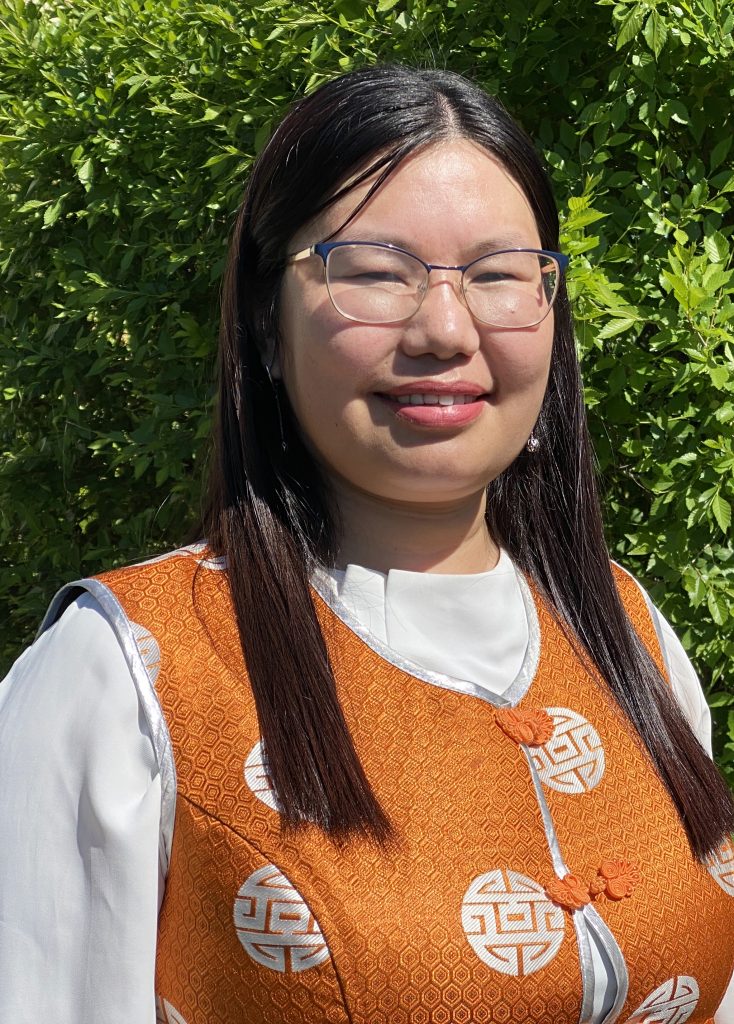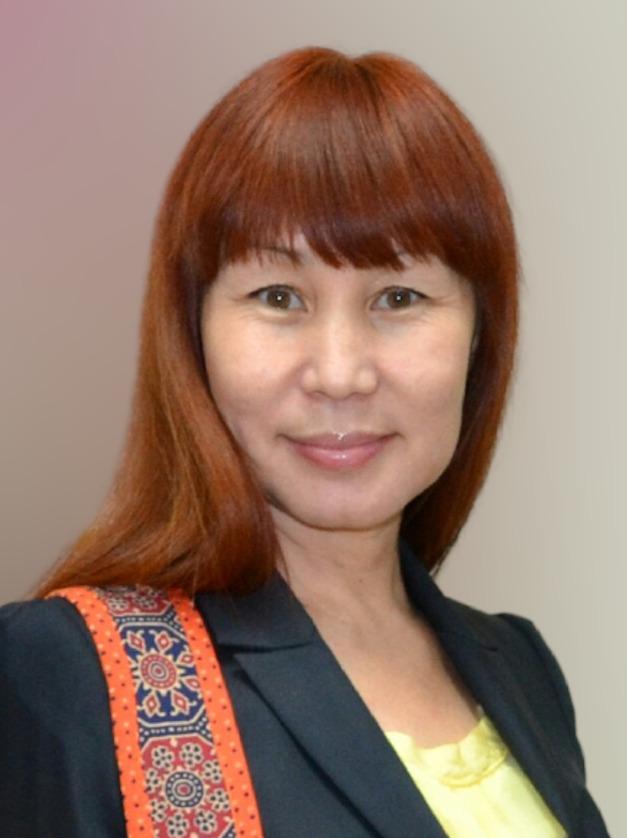The Laboratory of Ethnology and Linguoculturology was established in April 2021 as a structural unit of Tuvan State University in order to organize research activities in the field of studies of contemporary Tuvan ethnic culture.
In 2021–2023, the laboratory is implementing a project entitled “Thesaurus of Ethnic Culture in the 21st century: Problems of Study and Preservation (The Case of Tuvan Culture)” with the support of a grant from the Russian Science Foundation (No. 21-18-00246, description of the project on the RSF website).
The project provides information on the application of the methodological thesaurus approach to the research into ethnic cultures. The study focuses on the case of the ethnic culture of the Tuvans. It is planned to develop the approach in the emic direction while being applied. In accordance with this goal, the subject of the study will be the thesaurus of ethnic culture. Its construction will be carried out using the thesaurus approach proposed by the Russian scholars Valery A. Lukov and Vladimir A. Lukov. The thesaurus of culture is defined as a systematized body of knowledge in culture that allows its subjects to orient themselves in a certain way in the environment and to understand themselves, their surroundings and the world.
Within the framework of the project, the thesaurus of the ethnic culture of the Tuvans in its current state is analyzed and constructed with a combination of elements of traditionalism, intra-cultural variations, influences of different cultures, and neo-traditionalism. The thesaurus is being constructed by determining a cultural worldview (the core of the thesaurus), highlighting and analyzing its elements — linguistic and cultural concepts (concepts of the thesaurus) that express the components of understanding oneself and the world around us. In the analysis of concepts, it is important how subjects of culture interpret them and how insider researchers understand them (i.e. the field of reflection of the subject of cognition is also noted). Dictionary interpretations and studies of ethnic traditional culture are also taken into account.
Grounds for the research: 1) the current state of Tuvan culture has been studied much less than its conditions at previous stages: in the first half of the 20th century, in the Soviet times and at the end of the 20th century; 2) studies of Tuvan ethnic culture are an important part of research fields in world science: Oriental and Asian studies, studies of Central Asia or North Asia (depending on the terminology of world scientific associations), studies of nomadism, as well as research into Buddhist cultures of the world; 3) the emic direction in cultural studies implies the involvement of researchers in the studied culture, knowledge of its language (this is provided by the whole research team).
The empirical data of the research is being collected both in specially mounted expeditions around the Republic of Tuva and in the form of a planned fixation of the norms of everyday life and events, ritual actions of the Tuvan people who are close kith and kin (relatives, fellow countrymen) of the insider researchers. While working with materials of ethnic culture, the team members of the project use already available data from various social and humanities disciplines (sociology, psychology, ethnology, culturology, linguistics, etc.). Methods of collecting, analyzing and processing empirical research data, generalization based on triangulation and comparative analysis, different variants of the survey method (interviewing, etc.), observation (including overt one), etc. are used. We will also apply methods of historical and logical reconstruction in order to analyze the current state of ethno-cultural traditions taking into account their forms that have disappeared or transformed and modified.
Materials and results of the project can be used to determine the programs for further research into different ethnic cultures; they can be applied for educational purposes in plotting lecture courses on cultural studies, philosophy of culture, ethnology, anthropology, ethnic psychology, and linguoculturology.


